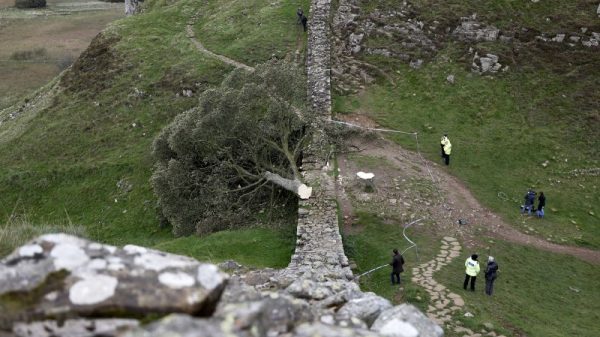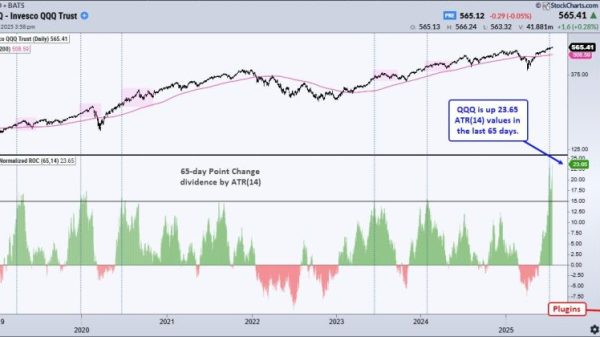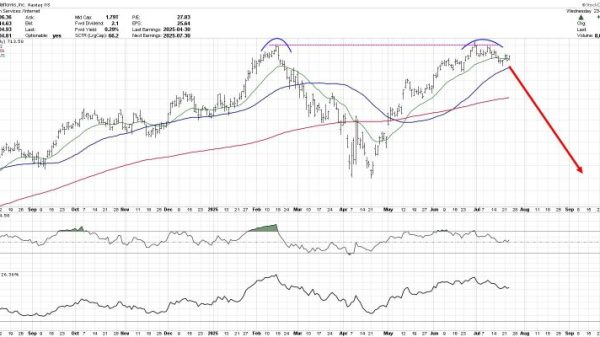Exercising at the weekends only may be just as beneficial for slowing mental decline as working out throughout the week, researchers have said.
A study in the British Journal of Sports Medicine found that exercising on just one or two days was more effective at reducing the risk of mild dementia than more regular workouts.
It adds to a growing body of evidence that it is not when you exercise, but the fact you are doing it, that improves health.
A separate study published last month found that being a weekend exercise “warrior” cuts the risk of developing more than 200 diseases ranging from high blood pressure and diabetes to mood disorders and kidney disease.
The latest study concluded: “The weekend warrior physical activity pattern may be a more convenient option for busy people around the world.”
Researchers found that the risk of mild dementia was reduced by an average of 15% in the “weekend warriors” who exercised once or twice per week and by 10% in the “regularly active” who exercised more often.
After taking account of factors that might influence the results, such as age, smoking, sleep duration, diet and alcohol intake, the researchers suggested both exercise patterns had similar effects.
“We found that around 10% of [mild dementia] cases would be eliminated if all middle-aged adults were to take part in sport or exercise once or twice per week or more often,” they said.
“To the best of our knowledge, this is the first prospective cohort study to show that the weekend warrior physical activity pattern is associated with reduced risk of mild dementia.”
Academics from Colombia, Chile and Glasgow examined two sets of survey data from the Mexico City Prospective Study for the latest research.
Some 10,033 people with an average age of 51 completed both surveys.
The authors suggested several possible explanations for why exercise may protect the brain.
“Exercise may increase brain-derived neurotrophic factor concentrations [molecules that support the growth and survival of neurons] and brain plasticity,” they said.
“Physical activity is also associated with greater brain volume, greater executive function and greater memory.”
A second study in the same journal also found that exercise of any intensity is linked to a 30% lower risk of death from any cause after a diagnosis of dementia.
Those researchers said people affected should be encouraged to keep up or start an exercise routine, especially as the average life expectancy after a diagnosis of dementia may be only about four to five years.



























